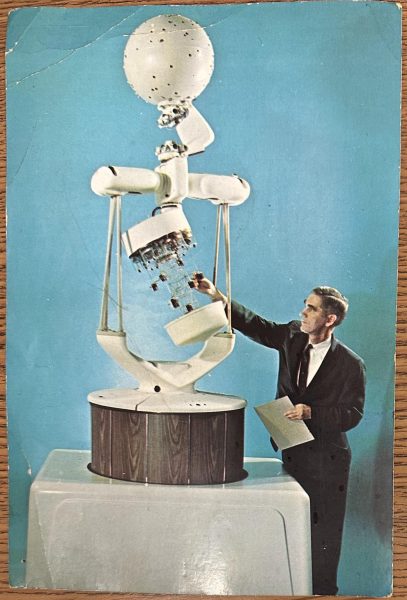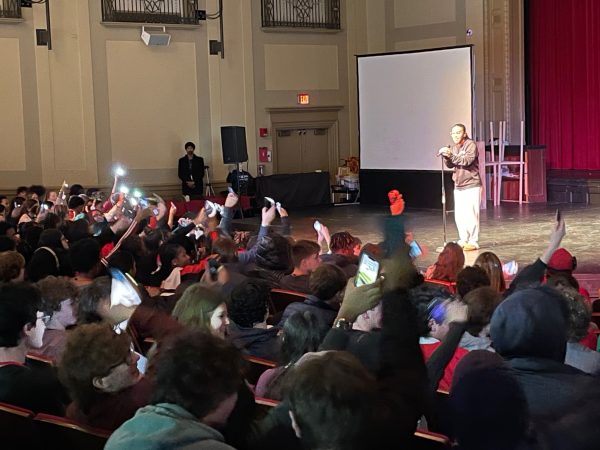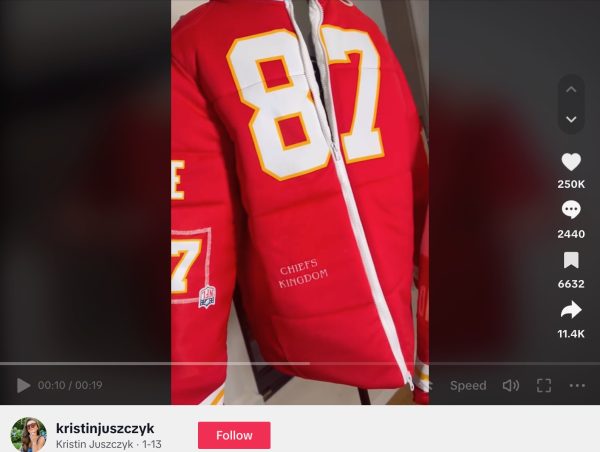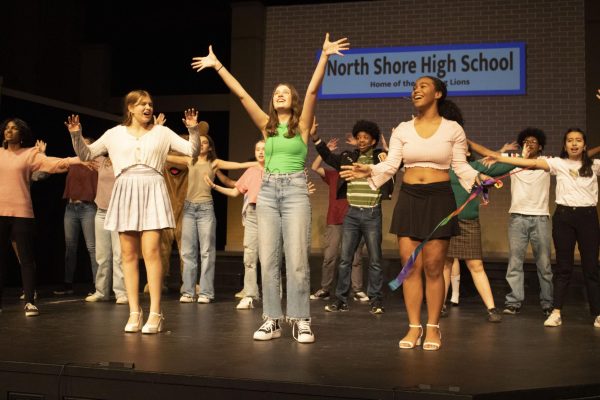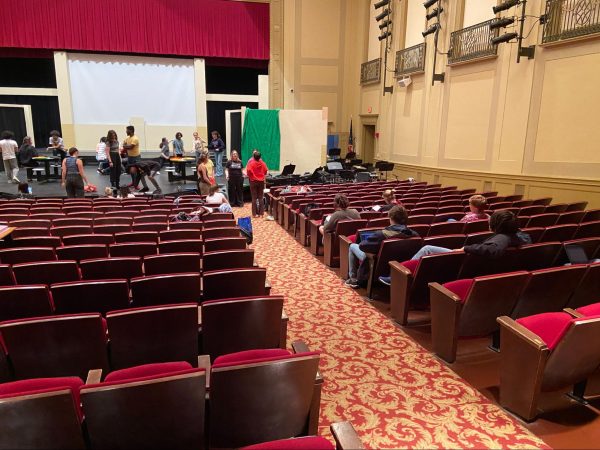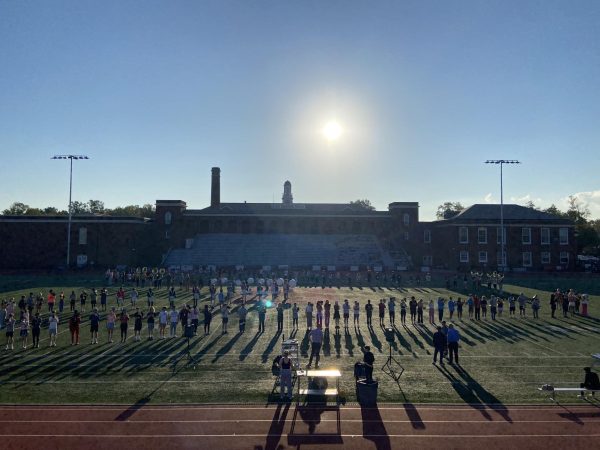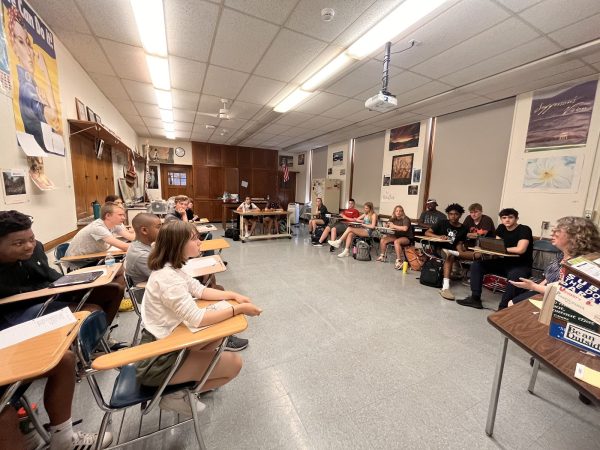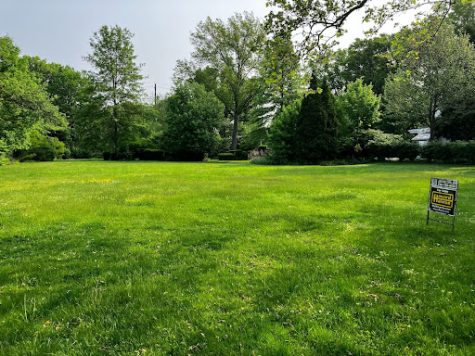One Little Word
Two syllables with the power to degrade millions
As a teenager, I’m no stranger to profanity. Our student body’s colorful language floats in one ear and out the other most days, rarely surprising me. These decidedly un-printable oaths usually fade into the background as the halls overflow with students on the move.
After spending four years in a building packed with teenagers, profanity – a regular presence, to adults’ dismay, in Shaker’s noisy hallways – has ceased to shock me.
Well, almost every word, that is. There’s still one that manages to stop me in my tracks even after all these years.
“Retard.”
It permeates the chatter in hallways and classrooms every so often, sending a jolt through me. Few words still carry the power to make me so uneasy so quickly. But it works every time.
Unlike so many of the offensive words our language has to offer, this one, when used with so much hate, so much misunderstanding behind it, carries baggage. How did it ever become acceptable to use someone else’s identity as an insult?
Psychology teacher Silvia Sheppard explained the effects of using this harsh language. “There’s brain scans showing how ostracism by language impacts the same part of the brain that registers physical pain,” Sheppard said. “By using a derogatory term, we create these ‘in’ groups and ‘out’ groups out of fear, and it makes people feel ostracized.”
Physical pain. Ostracization. Are those feelings anyone would deliberately want his or her daily language to convey? I doubt it.
According to the 2010 U.S. Census, 56.7 million Americans have a disability. Within that 56.7 million are some of my own friends, relatives and some of the most genuine, inspiring and altogether uplifting individuals I have ever had the privilege of meeting. And yet by using one six-letter word, people every day continually disrespect an entire population.
As I’m sure you are already aware, a disability, just like skin color, gender, body build or hair color, is a set of characteristics someone is born with. It’s a part of someone’s identity and, like so many other attributes, makes a person who he or she is. By using the R-word (a decidedly outdated term in 2014) in synonymy with “stupid,” “loser” or any other negative term, one can demean and belittle millions of people in a mere two syllables.
That’s a lot of power packed into one little word!
“Retard” was not always loaded with such connotation. Years ago, it was a clinical diagnosis used by physicians. Only in recent years has that diagnosis become twisted into a word that exudes disrespect and exclusion. Doctors have retired “retard” from their vocabulary, instead replacing it with “intellectual disability.” It’s time the rest of us did the same.
In her experience as a supervisor of the Gay-Straight Alliance at Cleveland Heights High, Sheppard saw progress in removing “gay” as a derogatory term. “I saw it get better, where students chimed in and said, ‘Please don’t say that,’ and it really became part of the culture there,” Sheppard said. She stressed the ways we can remove the R-word on an individual level as well. “Your words can be harmful,” Sheppard said. “It’s something we as a school and a society need to be vigilant about.”
Fortunately, this word, despite its power, can be disarmed. But it will take more than a slap on the wrist or a condescending, “Don’t say that!” each time it’s misused. Eliminating offensive use of the R-word will only occur when people realize its impact.
Think about it: the next time you reach for the R-word to describe a movie, quiz or referee’s call, you’re substituting another human being for an object or an adjective. It makes just about as much sense as saying, “That test was so Bridget” or “Don’t be such a Bridget.”
Sounds absurd, doesn’t it?
This story appeared in Volume 84, Issue 4 (April 2014) of The Shakerite on page 23.

